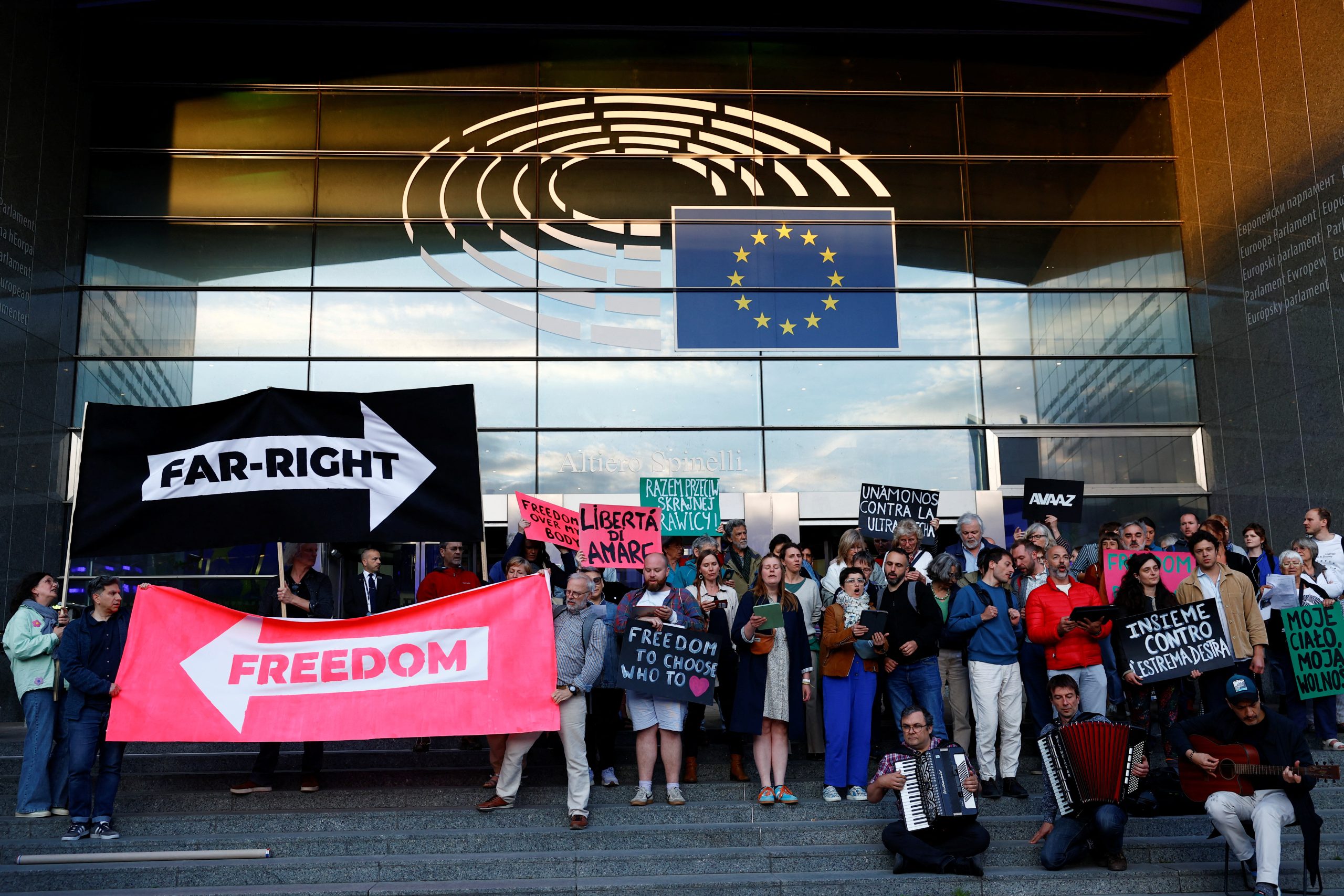Voters from 27 European Union member states have voted for the European Parliament Election, one of the four vital elections of 2024 (India, the UK, and the USA). The sentiments that have been articulated are in line with the results of individual elections in the respective states in recent times—defenestration of the current political establishment. Illustrating clear disillusionment from the ruling centrist establishment—paving the way for radicals from both the left and the right to garner significant representation in Brussels. Factors giving rise to the previous fringe now mainstream are: immigration, mounting cost of living (increased due to sanctions on Russia), and cultural war giving rise to populist-nationalist leaders, including Le Penn in France, Meloni in Italy, AFD in Germany, Orban in Hungary, and Duda in Poland.
Stability in Europe is consequential to the world as a whole; the policy formulated in Brussels has repercussions on major aspects of livelihood in other parts of the world, their action on climate, and their strong regulatory stance against firms, not forgetting their annual exports, which constitute 15% of the overall global trade. The European Union also serves as a strong buffer between the superpowers, the United States of America and China, trying to bridge consensus on certain issues that can be sorted out through diplomatic deliberation, for example, participation in international forums to combat or work on problems that can be mutually agreed upon. This has led to a dwindling of tensions between the two “rivals.” After the San Francisco Summit of President Xi and Biden, bilateral efforts between the two governments have been consistent and continuous, with Raimondo, Yellen, and recently Blinken visiting Beijing. Before the aforesaid interactions, it was actually Macron and Scholz who went with their bandwagon of industrialists to visit President Xi.
It is a wake-up call for the European Union. Macron made a momentous speech (2 hours long) on the state of the EU as a whole, where he talked about aspects in which the EU fundamentally is behind its counterparts: poor technological prowess compared to the US, peevish politics, war in the neighborhood, a hefty number of immigrants, a military that is not equipped to detriment challenges of the third decade of the twenty-first century, and coupled with a lackluster economy with infinitesimal growth. As it is for a lot of establishments around the world, the conventional individual is disillusioned with their current state, may it be economically, physically, or mentally; therefore, they may subscribe to radical changes, which cause turbulence in the political system. Before a seismic change happens, it is vital for the sane-minded EU heads of state to go back to the blackboard and chalk out a more effective blueprint, which has not taken place since the fall of the Iron Curtain. Little time is left, great damage has already been done, and positive change is needed in times of great uncertainty and disenchantment.
| Political Group | Seats | Notable Changes |
| European People’s Party (EPP) | 189 | Remains the largest group |
| Socialists and Democrats (S&D) | 135 | – |
| Renew Europe (RE) | 80 | – |
| European Conservatives and Reformists (ECR) | 72 | – |
| Identity and Democracy (ID) | 58 | – |
| Greens | 52 | Lost 20 seats |
| The Left | 36 | – |
| Non-Inscrits | 46 | – |
| Others | 52 | – |
Highlights:
- Far-right parties have made significant gains.
- Green parties have lost a substantial number of seats, impacting environmental reform efforts.
- The center-left Social Democrats saw a decrease in support compared to the last election.
- French President Emmanuel Macron is considering dissolving the lower house of the parliament after the results.
